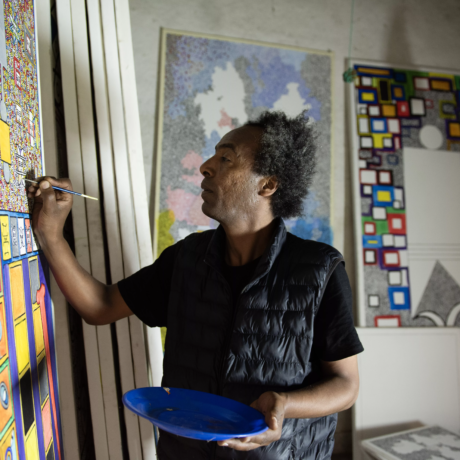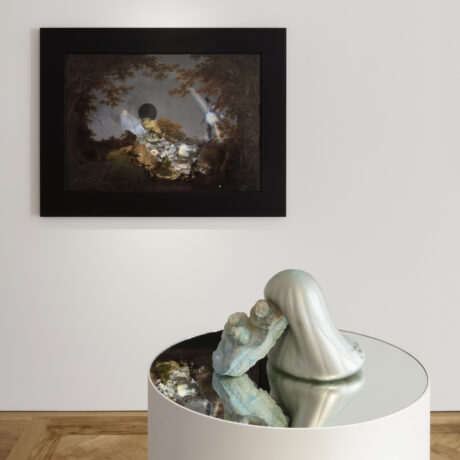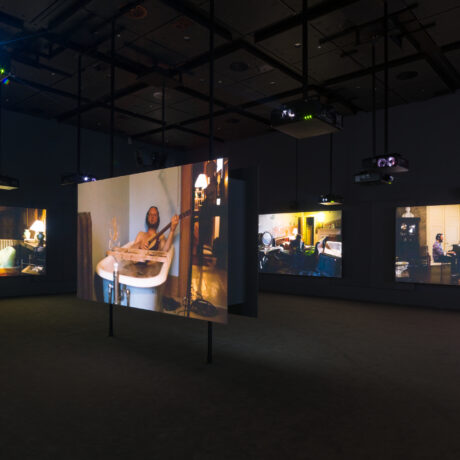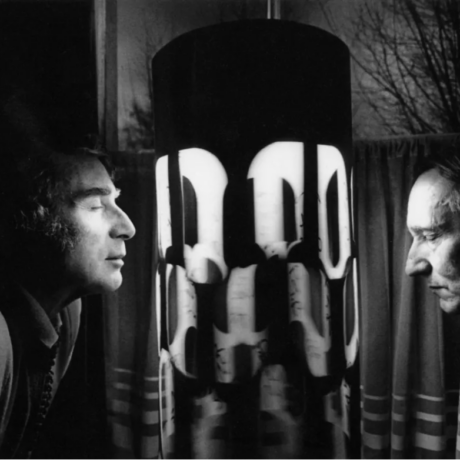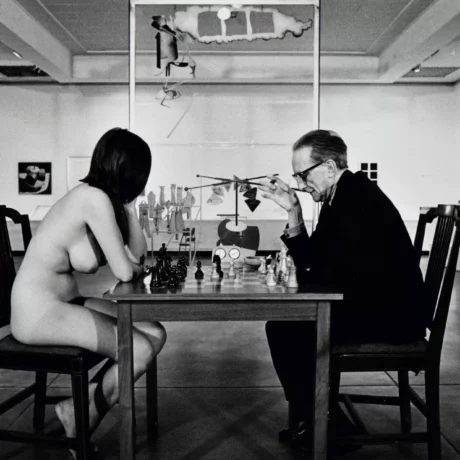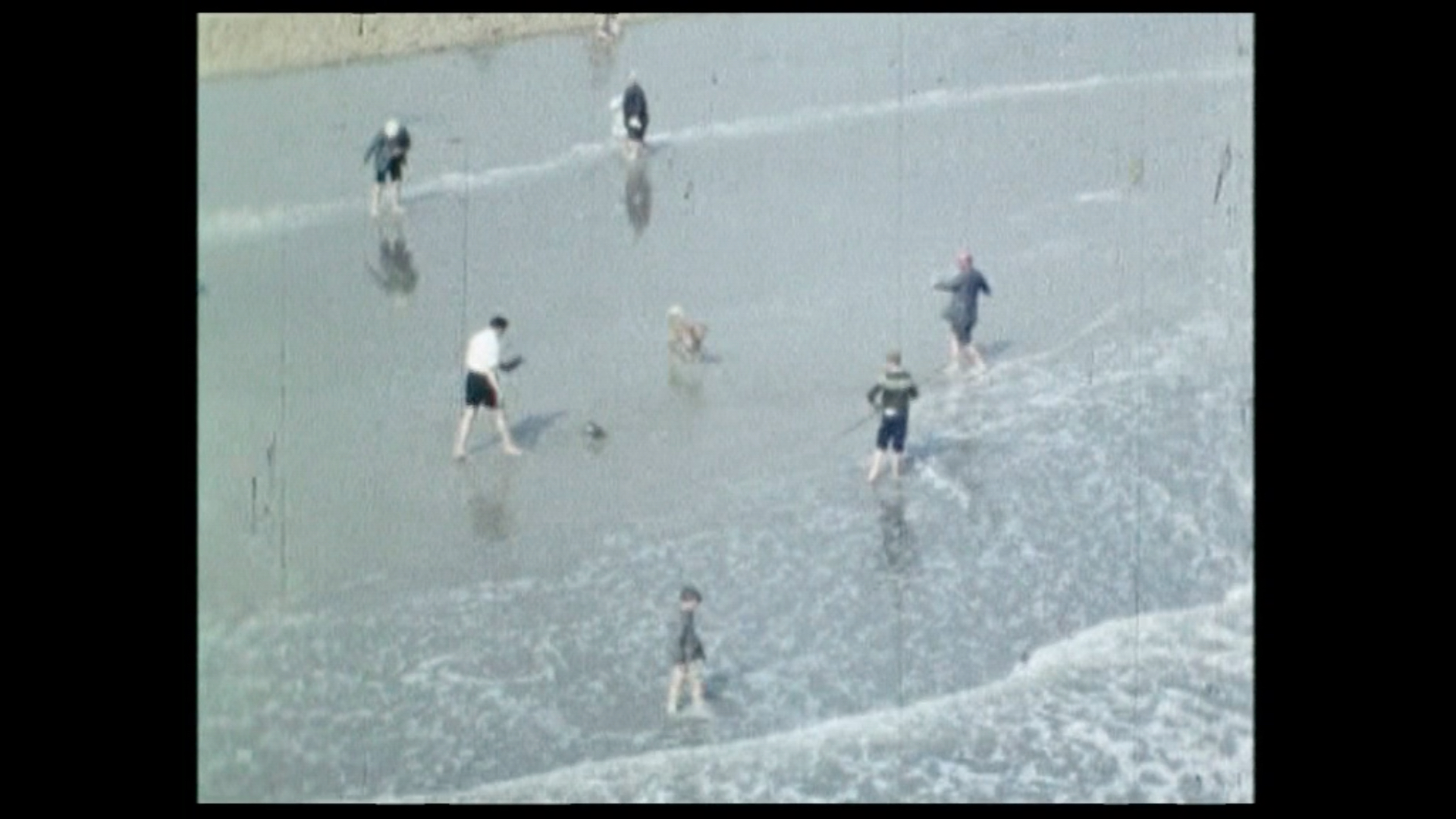
This Artwork Changed My Life is a fortnightly series of personal essays that share the stories of life-changing encounters with art.
I saw Deimantas Narkevičius’ short film The Role of a Lifetime (2003) in a screening of four of his works in the Cinecity festival, Brighton in November 2006, when I had just turned 25. It was one of the first events I’d attended where the artist was present, as many of the filmmakers I liked were long dead, reclusive, or just didn’t venture beyond London. The local scene had suffered from the closure of the brilliant alternative, avant-garde Cinematheque after it lost its venue in central Brighton, and a sharp drop in the quantity and quality of films shown at Duke of York’s, one of the UK’s oldest cinemas (which had financial problems due to a leaking roof). Cinecity offered a rare chance for local enthusiasts to see artists’ films and videos alongside like-minded people.
What I loved about The Role of a Lifetime was its spirit of intergenerational exchange. In it, Narkevičius interviewed the director Peter Watkins, of whom I’d become a fan after seeing The War Game (1965) at the Cinematheque two years earlier. Born like me in Surrey, just outside of London, Watkins had long been in self-imposed exile first because the BBC commissioned him to make a work about how a nuclear attack on the UK might play out and then shelved The War Game for being too “too horrifying” to screen, and then because his feature film, Privilege (1967), a dystopian satire of the religious right’s reaction to the emerging counter-culture, received a lukewarm commercial and critical response.
After working in the USA, Scandinavia and France, Watkins ended up in Vilnius, where he befriended Narkevičius. By then in his late 60s, Watkins gave a rare interview to Narkevičius, 30 years younger than himself, recorded at Grutās Park—a theme park housing a collection of Soviet statues removed from Lithuanian public spaces. Combined with drawings by artist Mindaugas Lukošaitis of Watkins and shots of the statues, alongside Geoffrey Cook’s amateur footage of Brighton from the 1960s, to beautiful effect, this monologue formed the basis of the film. In it, Watkins discussed his filmmaking career, his alienation from the UK, the relationship between media representation and historical record, and what he felt were the ethical and social responsibilities of the artist.
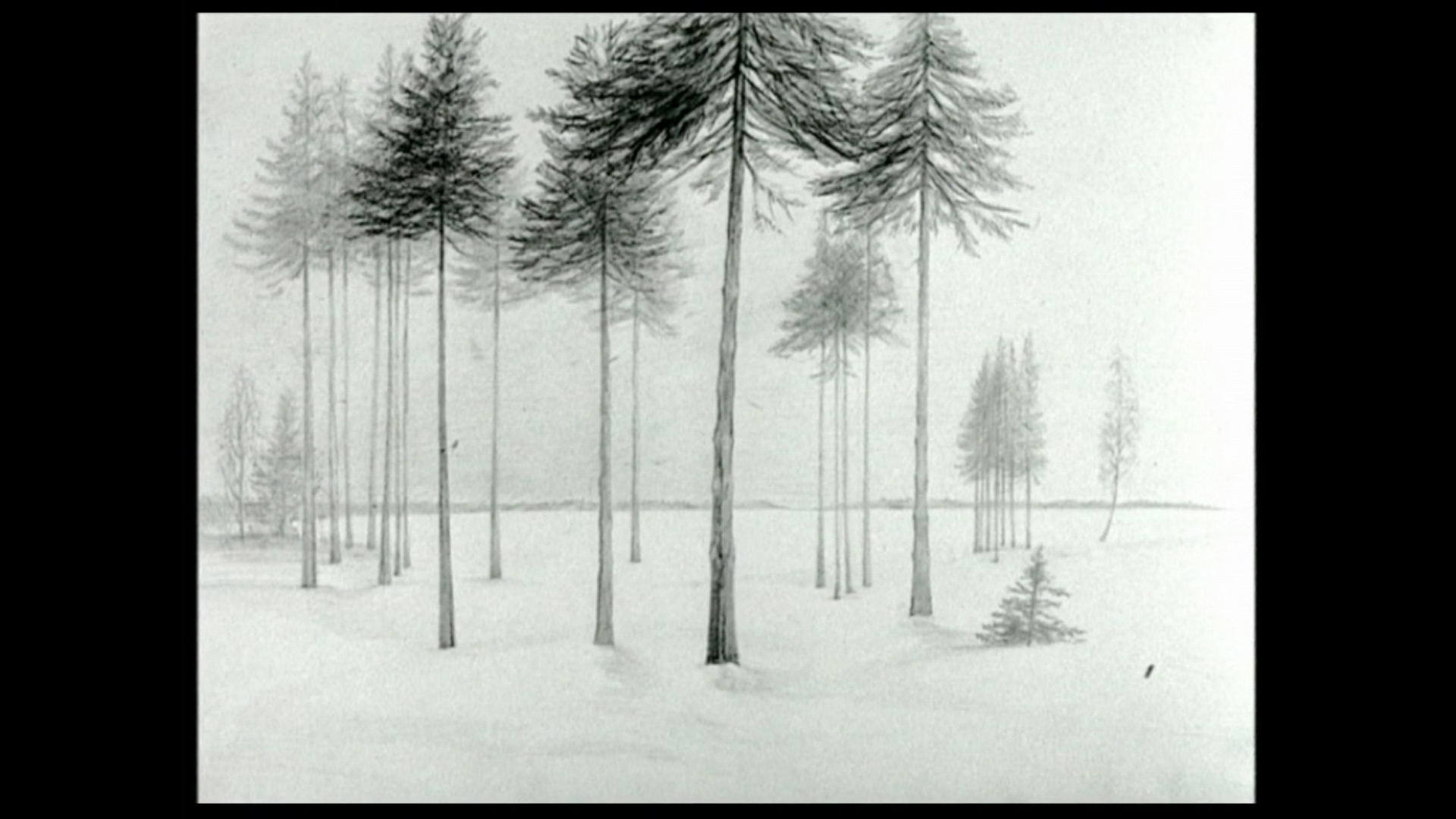
Watkins opened by discussing his early short The Forgotten Faces (1961), which focuses on the Hungarian Uprising against the Soviet regime five years earlier. The Uprising had shaken many contemporary intellectuals’ faith in the Soviet system, most famously Jean-Paul Sartre, who denounced its “terror and imbecility”, and had long fascinated me. Explaining how he recreated the Russian tanks’ crushing of the insurrection on-set in Canterbury, which he led viewers to think was Budapest, Watkins asked his audience to question the nature of “individual and subjective reality”, which “does not have an authoritarian, strict, true, objective form”.
At the time I was experimenting with different types of writing and filmmaking, but nothing was quite working. Hearing Watkins talk about trying to find middle ground between the “totally free” video artist and the formal constraints that came with working in television made me feel less concerned with trying to mimic the avant-garde authors and artists I’d become obsessed with a student, and more like I should concentrate on making work that was politically engaged and sincere, finding forms that were best suited to what I wanted to say.
“The Q&A made me realise the importance of finding a community, however small, that understood your work and could engage critically with its ideas”
Speaking over beautiful footage of Brighton beach and The Lanes (where I had recently been working in a jewellery shop), Watkins said he did not believe it was possible for an artist to be neutral. He talked about how growing up during World War II and seeing his work marginalised as he got older shaped his political perspective, and the subjects his films covered. “If a filmmaker or an artist says, ‘My past has nothing to do with my art’,” continued Watkins, “[I have to say] ‘I think you’re lying’ or ‘I don’t think you’re thinking about the real genesis of your work’.”
I’d long been interested in these issues, already sure any artist who claimed not to hold (let alone display) any political bias was fundamentally conservative. I hadn’t met many people with whom to discuss them, though. As a nervous 21-year-old on a trip to Berlin in 2003, obsessed with Brecht and the Bauhaus, I’d stumbled into an artist’s studio—although I can’t remember how I ended up there—and got talking.
I asked him how he thought artists should engage with politics; he said he wasn’t prepared to give me “a Radio Four-style soundbite” then essentially told me to fuck off (but not before giving me his card). I’d just been glad no-one else was there to witness this humiliation. The generosity with which Watkins discussed these issues, saying most artists didn’t know why they did what they did when they were in their early twenties, and Narkevičius saying the same in the subsequent Q&A, was a refreshing correlative. It made me realise the importance of finding a community, however small, that understood your work and could engage critically with its ideas.
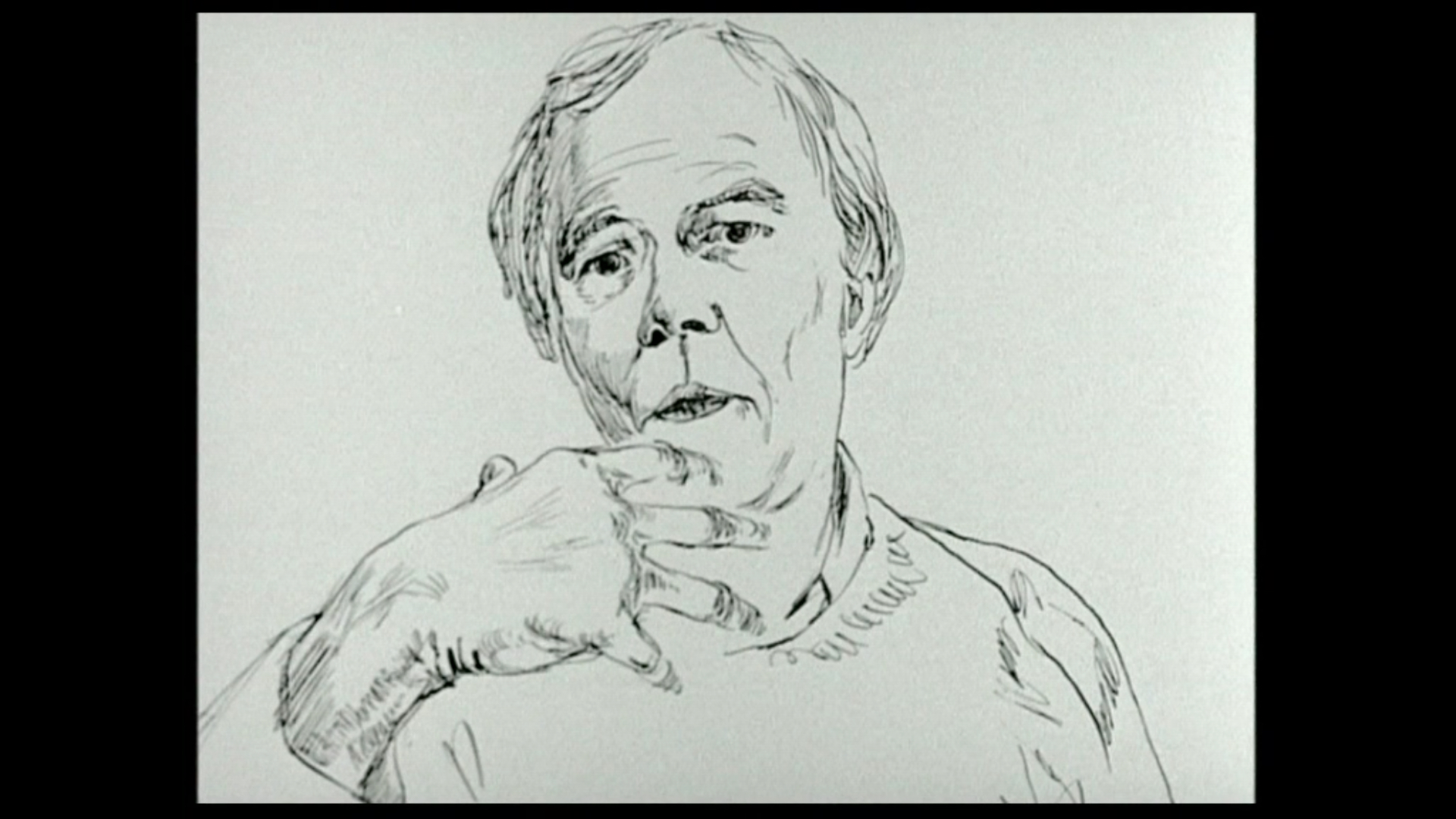
Over the years, I established myself as a writer and filmmaker, but only found the community and creative direction I needed once I moved to London in 2011. My favourite place in the city became the Close-Up Film Centre, first a DVD library and then, in 2015, a café and cinema. They put on a Watkins season in September 2018, and to my astonishment, as he’d stopped giving interviews long ago, they persuaded him to talk about The War Game and ‘the global media crisis’. In the café afterwards, I decided not to say too much to him, simply giving him my short story, The Woman in the Portrait, which combined journalism and fiction and which I could never have written without seeing how he used documentary techniques in feature films, and hearing how he talked about his creative processes.
When Covid-19 hit, I missed my creative community, and especially Close-Up. To fill the void, I began a podcast series, The Suite (212) Sessions, where I talked to artists about their work. I used it as a chance to finally ‘meet’ Deimantas Narkevičius, who told me about his relationship with Watkins, how they often discussed the personal and professional aspects of filmmaking, and how this influenced him as a “totally free” video artist. I also put The Role of a Lifetime in a programme I curated for the online film club for artists Transmissions, set up to replace the physical spaces closed during lockdown. In both cases, listeners and viewers told me they enjoyed the openness with which Narkevičius and Watkins shared their thoughts. In this enforced isolation, I was more grateful than ever for the culture of exchange they awakened in me.
Juliet Jacques is a writer and filmmaker based in London. She has published two books, Rayner Heppenstall: A Critical Study (Dalkey Archive, 2007) and Trans: A Memoir (Verso, 2015). Her third, a volume of short stories entitled Variations, is due on Influx Press in June 2021.
